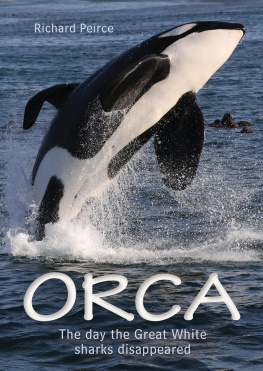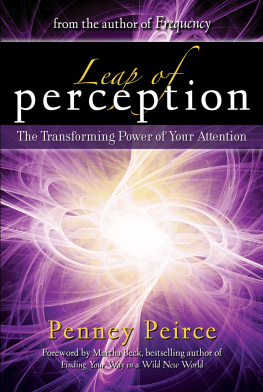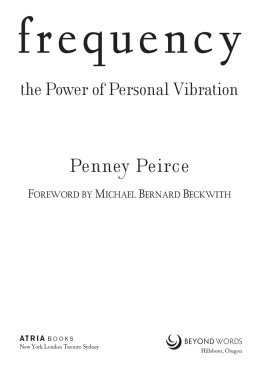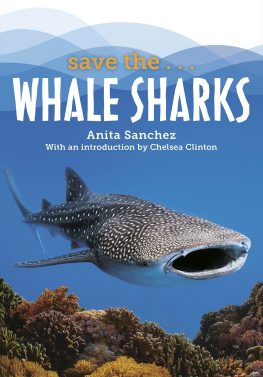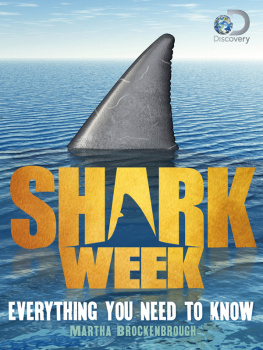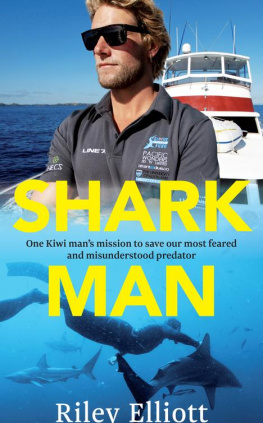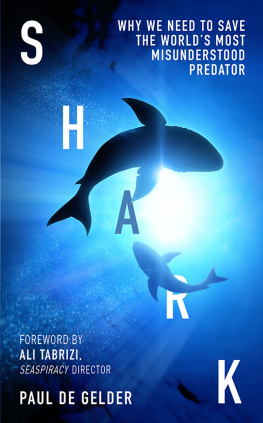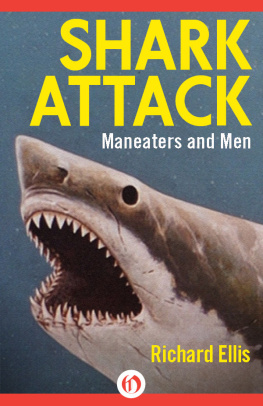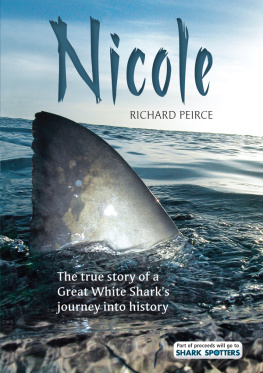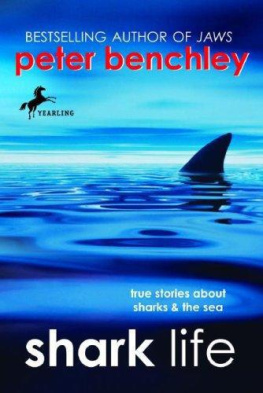
DEDICATION
This book is dedicated to all the campaigners,
scientists, activists, advocates and others
who are engaged in marine conservation.
Healthy seas and oceans are vital components in
maintaining life as we know it on our planet. Thank
you for what you do, and please keep on doing it.
Published by Struik Nature (an imprint of Penguin Random House South Africa (Pty) Ltd)
Reg. No. 1953/000441/07
The Estuaries, No. 4, Oxbow Crescent, Century City, 7441 South Africa PO Box 1144, Cape Town, 8000 South Africa
Visit www.penguinrandomhouse.co.za and join the Struik Nature Club for updates, news, events and special offers.
First published in 2019
13579108642
Copyright in text, 2019: Richard Peirce
Copyright in photographs, 2019: Richard Peirce unless otherwise credited below or alongside images
Copyright in published edition, 2019: Penguin Random House South Africa (Pty) Ltd
Publisher: Pippa Parker
Managing editor: Roelien Theron
Editor: Helen de Villiers
Designer: Janice Evans
Cartographer: Liezel Bohdanowicz (pages 1213)
Proofreader: Thea Grobbelaar
All rights reserved. No part of this publication may be reproduced, stored in a retrieval system, or transmitted, in any form or by any means, electronic, mechanical, photocopying, recording or otherwise, without the prior written permission of the copyright owner(s).
Print: 9781775846420
ePub: 9781775846437

PHOTO CREDITS
Front cover: Breaching Orca off Gansbaai. (Wilfred Chivell)
Title page: At sea with the Simons Town Boat Company. (Dave Hurwitz)
Page 3: A stealth predator eerily reflected. (Dave Caravias)
Pages 45: Port and Starboard on patrol. (Dave Hurwitz)
Pages 1415: The telltale collapsed dorsal fin that identifies Port and Starboard. (Wilfred Chivell)
Pages 2627: Some visitors get lucky and take home amazing photographs. (Dave Caravias)
Pages 4243: For the shark enthusiast, being this close to a Great White is as good as it gets. (Dave Caravias)
Pages 8889: A stark reminder of the vulnerability of the king of the sea. (Hennie Otto)
Pages 116117: When the Great Whites left Seal Island in False Bay, Sevengill (Cow) sharks moved in and, in turn, were hunted by Port and Starboard. (Dave Hurwitz)
Back cover: Two Orcas, locally known as Port and Starboard, are spotted here passing the lighthouse at Danger Point. (Wilfred Chivell)


Contents


T he real-life characters in this book have all been chosen because they represent different aspects of life in the cage-diving industry and in Gansbaai.
I have often referred to Gansbaai as Shark Town and I recognise that in the town, and in the cage-diving industry, there is a huge diversity of interesting and engaging characters. I would like to have included many more, but of course this was not possible. My apologies to anyone I have left out who feels they should have been included.
There is no actual proof that Orca predation was responsible when the Great Whites first disappeared in early 2016. However, it is reasonable to assume that this was the case, and there is strong anecdotal evidence to support the contention, so I have started the story with these dramatic events. What followed is based on fact. The characters mentioned in this book all read it prior to publication, and all agreed it is an accurate account of the facts, and that the suppositions made in the absence of hard facts are logical.

Great White sharks attract thousands of visitors to Gansbaai every year.
Kelly Baker

by Wilfred Chivell
J oining the cage-diving industry was originally more about operating a sustainable business than protecting sharks. This changed when I realised I was one of the few who was willing to carry out and sponsor scientific research on Great White sharks. Meeting Richard Peirce was very important to me; not only is he a conservationist at the time we met he was chairman of the UK Shark Trust but also someone who wrote stories that could change things. Writing about important issues must make a difference, and in our case the issue is wildlife. Wild fauna and flora are devastated by the continuous growth of the human population. Animals cannot speak for themselves; their evolution over millions of years has fine-tuned them to perfection and has enabled them to survive thus far but evolution cannot keep pace with human destruction.
Threats to nature are not unique to our area they affect all corners of our planet. There are some heartening stories of successful conservation projects, and some species only remain today due to the efforts of a few passionate committed people. I hope that books like this, and others by Richard, will help make a difference to our wildlife which is in such desperate need of help.
Gansbaais story shows how a few live sharks can economically make or break a little town. An area known globally for the diversity of its marine life is now also known for its vulnerability. The recent past has taught us all a lesson that I hope we will not forget. Although only a few of us could be mentioned in the book, many more have played major roles over the years in developing Gansbaais Great White shark cage-diving industry. We have become the guardians of Great White sharks in South Africa, and we need to ensure their survival as a critical apex predator. Their loss would affect the entire ecosystem, and the impact of recent events is already being seen.

by Chris Fallows
N atural resources are under ever-increasing pressure from over-exploitation, poaching and lawlessness. The domino effect of removing or exploiting one life form, and the consequences it has on another, is graphically illustrated in Orca. The effects are far more wide ranging than could ever be expected. This book highlights the impact of human-induced changes at the highest level on the trophic scale.
Port and Starboard, the notorious Orcas that have wreaked havoc amongst Great White shark populations along the Cape coastline, didnt end up with their deformed dorsal fins by chance: Orcas are being illegally shot, particularly by the tuna and swordfish longlining boats. Mans over-exploitation of fisheries must be affecting their food sources, and human pollution dumped in the oceans has degraded their habitat.

